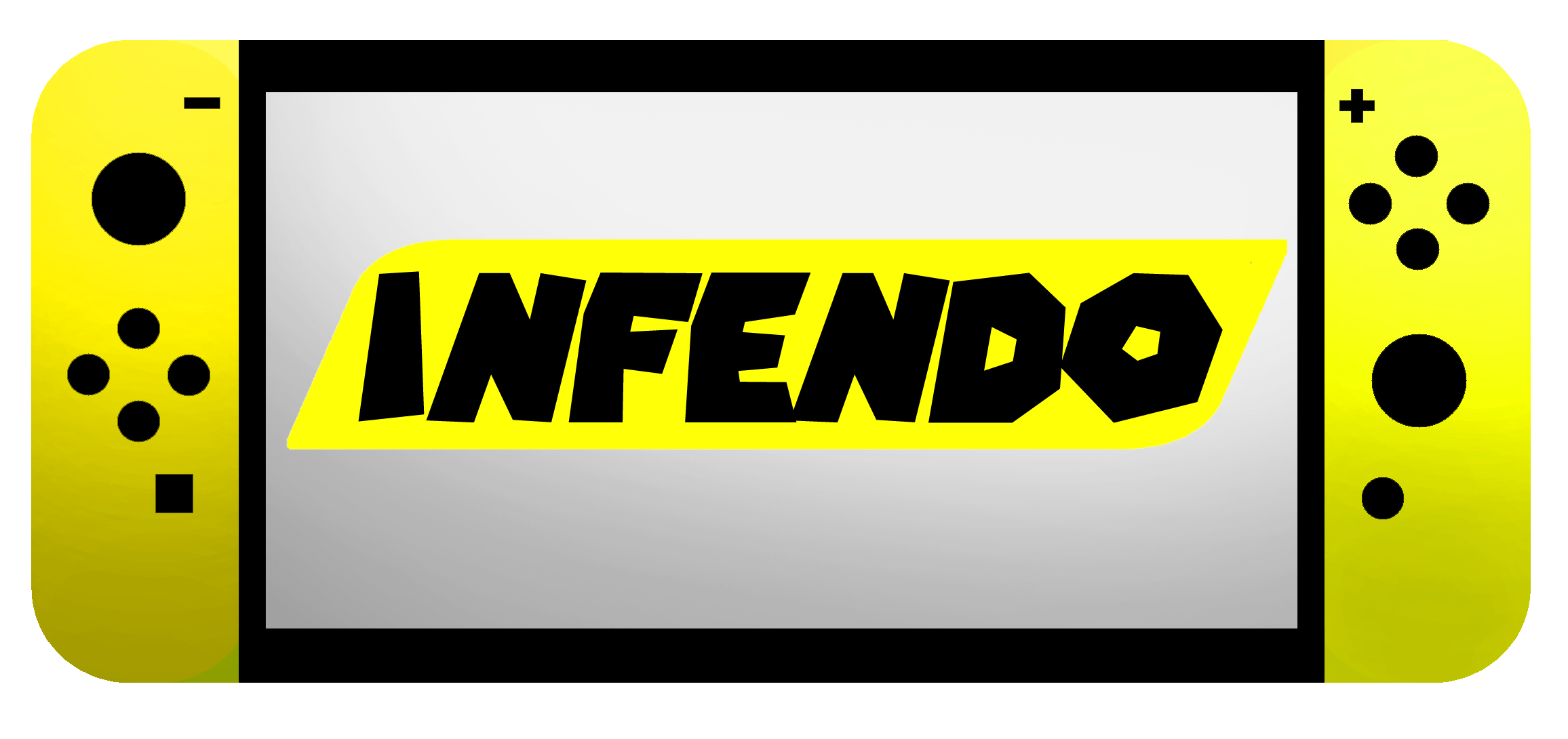 Can you imagine being a third party developer for a Nintendo console? It must be a daunting task. Looking to the DS, for every Trauma Center there is Mario Kart DS, Advance Wars, Animal Crossing and Metroid that sell millions. As of July 24, more than 21 million DS titles had been sold (yes, I said sold, Sony, not shipped), and of those 21 million, a majority were first party. NSMB alone sells close to or exceeds 100,000 units PER WEEK in Japan.
Can you imagine being a third party developer for a Nintendo console? It must be a daunting task. Looking to the DS, for every Trauma Center there is Mario Kart DS, Advance Wars, Animal Crossing and Metroid that sell millions. As of July 24, more than 21 million DS titles had been sold (yes, I said sold, Sony, not shipped), and of those 21 million, a majority were first party. NSMB alone sells close to or exceeds 100,000 units PER WEEK in Japan.
But before you get bent out of shape from the pessimisim, let’s get to my point. Like Dana Carvey in 1994’s braindead Clean Slate, everyone starts fresh when it comes to the Wii. There are no new hardware/chipset quirks to learn; there is only the control scheme, which has been designed in free space and lends itself well to the cliche that the sky is the limit. There is a paradigm shift here. No longer are developers developing FOR the hardware, they are developing FOR the gameplay. What the user does directly impacts how a game will be developed.
With the Wii, all parties have a fresh canvas (some may even take that point literally). In many ways, we’re back to those days in 1986 when the directional pad was first introduced by Nintendo, and that’s perfect. There needs to be a renewal of those days, when there was a desire to try new things and expect failure as often as success. For many companies today, risk is synonymous with failure. Publishers continually go with the sure thing in lieu of true innovation. Sadly, innovation today often means we get an updated set of rosters for our NFL teams. Be still my heart.
To see this shift back towards innovation look no further than Nintendo itself. Its much publicized, often criticized arrogance is dimished thanks in part to the bloody lip suffered from the GameCube (where we saw, as well as with the N64, the first inklings that first party makes for a lonely party if presented all by itself). There is new leadership, a new look, and an almost fawning approach to getting the system into the hands of developers who are vital to the longevity of a successful system. There’s also a growing presence with developers who have started from nothing, like indie firm Nibris. Behind closed doors I’ve done some fawning of my own over Nibris, and today I’m coming out — firms like these are vital to the future of gaming, and I couldn’t be happier they will have a home on the Wii and Virtual Console. They have nothing to lose and everything to gain by developing for the Wii. They know they cannot win with a rehash of an old genre, so they must try their hardest to create games that play like nothing else before.
As President Lincoln once said, the rising tide raises all boats. The Wii puts the tide higher than it has ever been before. It’s so high in fact that smaller companies could drown in its dangerous, unproven depths, but those who survive will take gaming to new places and to people never before thought of as “hardcore gamers.” There’s immense latent potential in this system, and so many avenues that lead to dead ends. Without those avenues however, the industry will remain the lazy, self-serving entity it has become. In the words of our dolt of a president: “Bring it on.”
